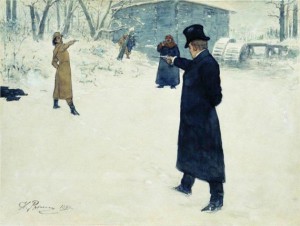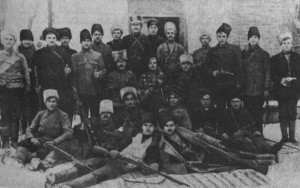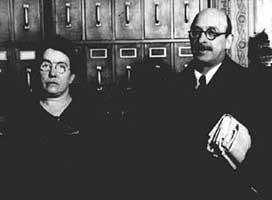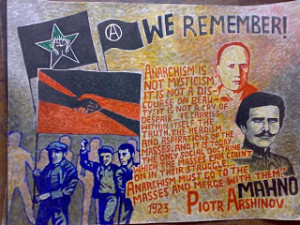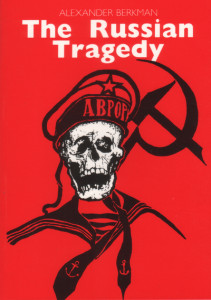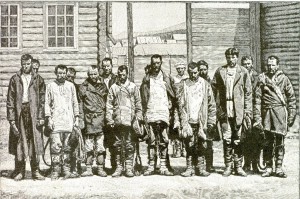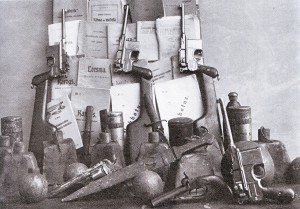Sofía Kovalevskaya, una mujer para pensar | PARTE I
«Sofía Kovalevskaya perteneció al movimiento nihilista, a la generación de los 60’s del siglo XIX, a las “amazonas” rusas, a la primera generación de mujeres (después de las italianas del siglo XVIII) que obtuvieron títulos de doctorado y que realizaron contribuciones desde la academia, institucionalmente, a sus áreas de estudio. Las mujeres nihilistas fueron activas y se caracterizaron tanto por formar una base ideológica como por llevar a cabo sus empresas. Como escribió Ann Hibner Koblitz, “They were do- ers; they got results”. De todas ellas, a mi parecer, la más importante fue Sofía Kovalevskaya.
Continue reading [Descargas] – Sofía Kovalevskaya, una mujer para pensar y El verbo de Albert Libertad

